Sex and Satire in Wang Xiaobo’s Golden Age
By using the language of the state to highlight the absurdity of their laws, Xiaobo made a satire that is both amusing and effective.
Please note that orders placed between February 1-February 17 will not be shipped until February 17. Thank you for your patience.
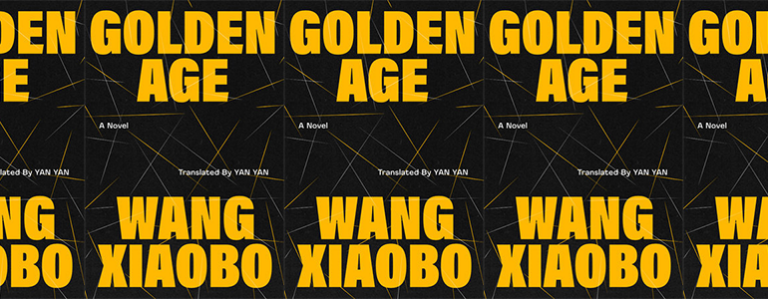
By using the language of the state to highlight the absurdity of their laws, Xiaobo made a satire that is both amusing and effective.

Rojas Contreras’s memoir intertwines family relationships and legacies, political conflicts and oppressions, and the expansive realm of healing, identity, and magic into a magnificent, mesmerizing memoir.

Dele and Destiny are secondary characters in their own wedding story, and this is the beauty of the novel. The actual wedding is never about the couple. It’s about families coming together, about how love breaks us down, exposes the truth, and leads us to find ourselves.
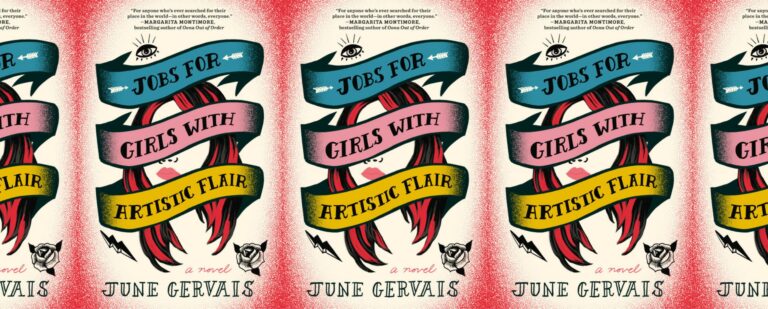
June Gervais’s debut novel is a revealing portrait of making your way professionally and personally into adulthood. Gina realizes that her identity is untethered to an outside force such as her dream vocation—a truth some of us take a whole life to find out.
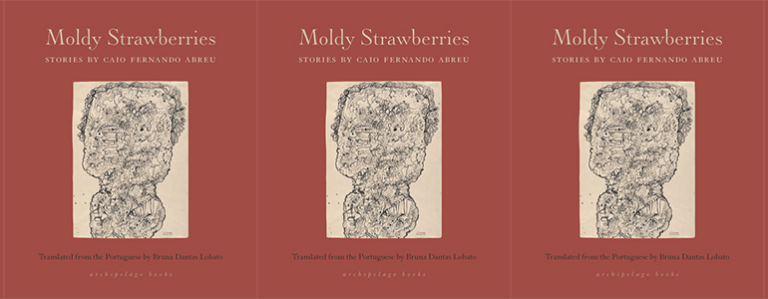
Caio Fernando Abreu’s stories suggest that states of distraction are what allow desire to surface in the first place. They lie somewhere between fables with wry moral lessons and diary entries full of emotional impasses.
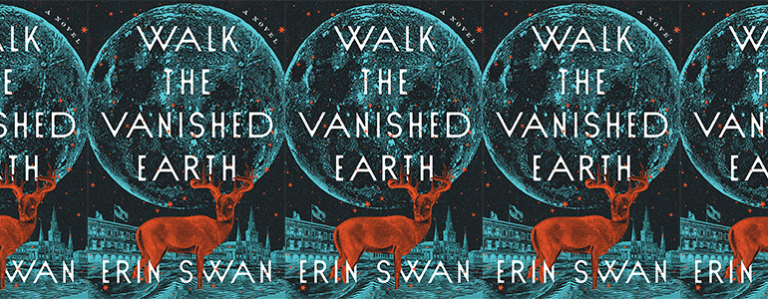
Swan acknowledges there will be more than fires and floods to wrestle with as the world ends. People will still fall in love and disappoint each other; children will still long for their mothers and their mothers will still try and fail to protect them.
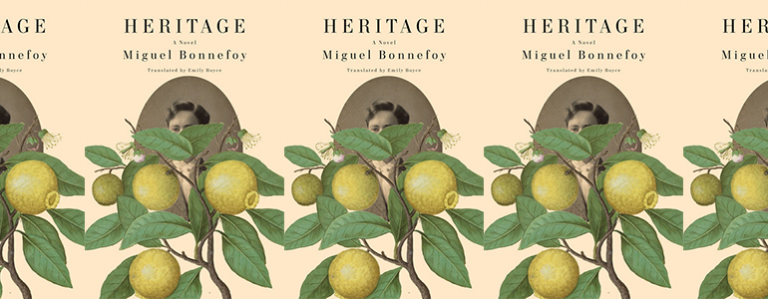
Miguel Bonnefoy’s prose successfully bears witness to the sheer madness of torture.

Limón’s new collection refuses numb detachment or an easy forgetting. She affords constant dignity to those whose fragilities are too often framed as liabilities, those who can’t (or won’t) avoid the incessant constellating of experience and memory.
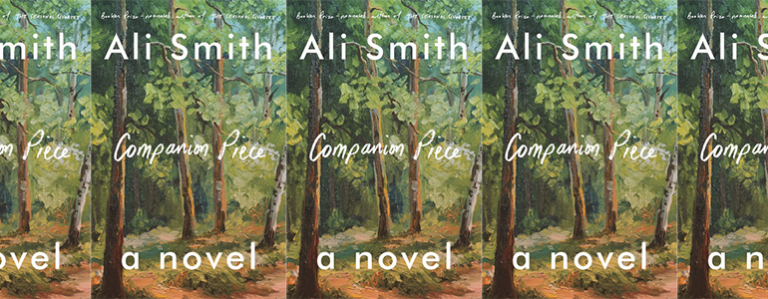
Craft, in Ali Smith’s hand, is malleable. It produces meaning that is disparate from the terms and antecedents of its making.
No products in the cart.